Who will be Britain's next European Commissioner?
- Published
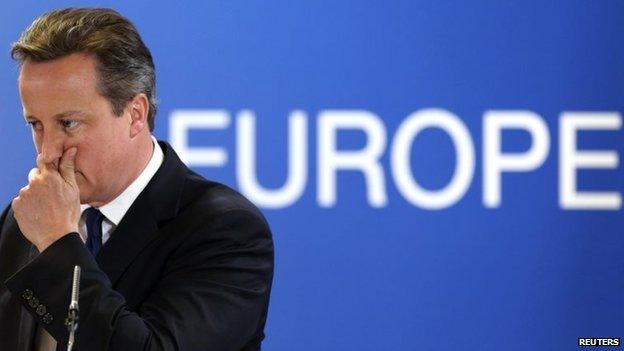
Forget, if you can, the heady excitement of the forthcoming government reshuffle.
What really should get your pulse racing are the new appointments that will shortly be made in Brussels.
The president-designate of the European Commission, as we should correctly call Jean-Claude Juncker these days, is beginning to consider who will join him around the table.
In all, there are 27 posts in the commission and the men and women who fill them for five years from November will make big decisions that will affect your life.
And if you can remember how much of a hoo-hah there was over Mr Juncker's appointment, just imagine the horse-trading that will go on in Europe's capitals to make sure that their rider is on their chosen nag.
David Cameron wants Britain to win one of the four powerful economic jobs: economic and monetary affairs, competition, trade, or internal market and services. Some officials also include energy in the list.
Ideal position
We know all this because Foreign Office Minister, Baroness Warsi, said as much in the House of Lords on Wednesday: "The government are interested in an economic portfolio."
The key point is that an economic portfolio would allow Britain to ensure that eurozone countries do not change the rules to the disadvantage of countries like the UK that are outside the single currency.
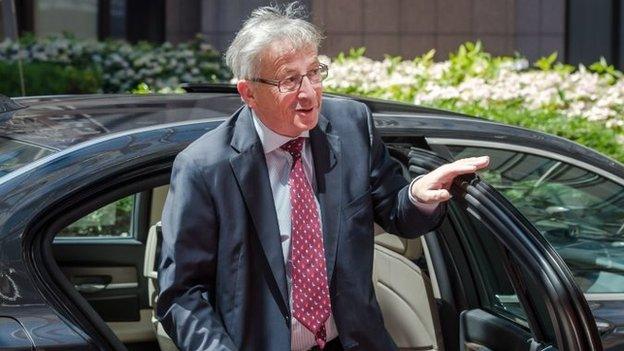
Jean-Claude Juncker will have the final say over who gets the best jobs
Some in Whitehall suggest the internal market job would be Britain's ideal position. The job would allow the government to push for greater competition and trade within the EU, while also keeping an eye on any legislation that might threaten Britain's financial services and the City of London.
The great fear in Whitehall is that the UK might end up with a wooden spoon portfolio such as regional policy, digital agenda or even - horror upon horrors - inter-institutional relations and administration.
The problem is that the UK starts with an automatic disadvantage.
Many other countries such as France, Poland, Denmark, Sweden and the Netherlands are also pushing for an economic job.
Members of the eurozone have a head start because so much economic policy centres on the euro.
Discreet conversations
Britain has ruffled many feathers by opposing Mr Juncker's appointment so that he and other EU countries may not feel as well disposed to the UK as they might.
And Mr Juncker is crucial in this process. The EU's heads of government will formally propose their nominees but it is the former Luxembourg prime minister who ultimately decides which job they get.
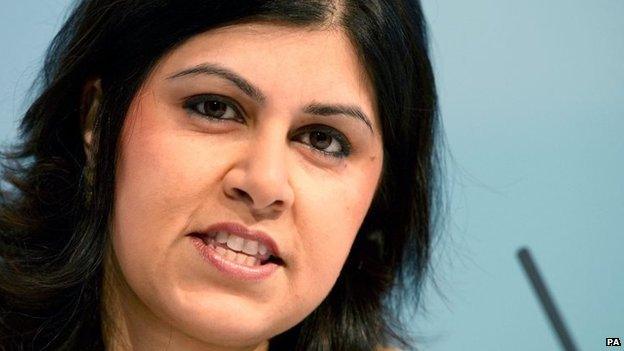
Lady Warsi says "it is important we nominate a strong candidate'
It works like this. Right now discreet conversations are taking place between Mr Juncker's office and the various European capitals about who might be put forward and what job each country might like.
At a certain point, the EU member states will formally nominate a candidate.
Mr Juncker then judges who would be suitable for which job. Much depends on a nominee's qualifications. For example, a lawyer might be suitable for the competition portfolio; an economist might be suitable for the financial job.
Mr Juncker, obviously, will not decide in a vacuum: he will be lobbied hard on all sides, deals will be cut on the margins and Chancellor Merkel of Germany, naturally, will have a huge say in any final decisions.
Candidates
The current aim is to discuss this formally at the next European summit in a few weeks on 16 July.
But if there is a row, discussions could dribble on through the summer. The hard deadline is 31 October when the current Commission expires.
So who is Britain thinking of putting forward?
Well, Lady Warsi on Wednesday told peers: "It is important that we nominate a strong candidate. My noble friend will be delighted to know that the prime minister has a strong line-up of strong candidates."
But how strong will they be? The Finns, the Estonians, the Italians might all nominate former prime ministers. As of now, it is extremely unlikely that the UK will do likewise unless Tony Blair and Gordon Brown have a sudden change of heart.
Instead, MPs say the man to beat is Andrew Lansley, the Leader of the House of Commons.
They say he has been Downing Street's default candidate for some time now.
Some suspect that he was given a nod and a wink by Mr Cameron that he might be heading to Brussels when he was sacked as Health Secretary in 2012.
Well-connected
His departure might prompt an unwelcome by-election in his South Cambridgeshire constituency. But some in government believe the seat could be left vacant until the general election next year.
Mr Lansley would need to leave the Commons only on 31 October and his electors would be unrepresented for just five months as parliament will rise for the election at the end of March 2015.
But Mr Lansley is not an automatic shoo-in. His lack of economic expertise might make it harder for Britain to get an economic portfolio. So others are coming up the rails. The strongest challenger might be the Science Minister, David Willetts.
As Vince Cable's deputy at the business department, he spends a lot of time in Brussels. He speaks good German and respectable French. He attends lots of European conferences for other clever, well-connected people just like him.
Former Conservative leader Lord Howard is also in the mix. He certainly was not ruling it out when asked about it on the BBC's Daily Politics on Wednesday.
He said he had not been asked, but added: "If and when I am asked - which is very unlikely - I will think about it."
And there is Andrew Mitchell, the former Conservative chief whip, waiting in the wings. He is still burdened, for now at least, with litigation hanging over from his dispute with the police and The Sun newspaper over the Plebgate saga. But if he could settle those cases, he might suddenly present himself as a viable alternative to Mr Lansley.
Crucial hurdle
The balance that Mr Cameron has to make is between finding a candidate who satisfies his party, someone who Conservative MPs trust will stay true to the Eurosceptic flag, while also finding a candidate who can win the support of the European Parliament.
For this is the final, crucial hurdle: the European Parliament has the power to veto Mr Juncker's entire slate of commissioner candidates.
But in practice MEPs can veto an individual by saying they will not accept the whole list until someone is removed.
They have done this on each of the last two occasions new commissions were formed. And such is the anti-British mood in the corridors of Strasbourg that the UK nominee - even if they are oozing Europhilia - will get a hard time from MEPs in the September hearings.
So, the prime minister, we are told, has not made his decision yet. He has not even decided when he should announce his nomination. But he is giving it a lot of time and thought.
He discussed the issue with Mr Juncker on the telephone at the weekend. And his choice will be vital. The man or woman who gets the job will be the UK's representative in the heart of Brussels at a time when Mr Cameron - if he remains in office - will be trying to reform the European Union.
So it might be a bit of a Westminster parlour game. But it is one that matters.

Runners and riders
Andrew Lansley, leader of the House of Commons
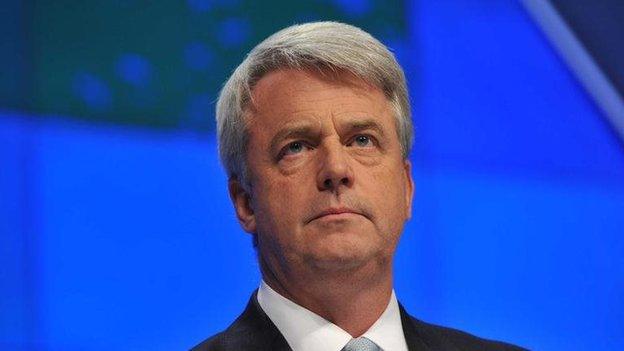
Pro: Cameron loyalist, good on detail, his departure would allow the PM to bring a woman into the Cabinet.
Anti: Not well known in Brussels, not seen as Eurosceptic enough by some Tory MPs, not right qualifications for economic job

Andrew Mitchell, former Conservative chief whip
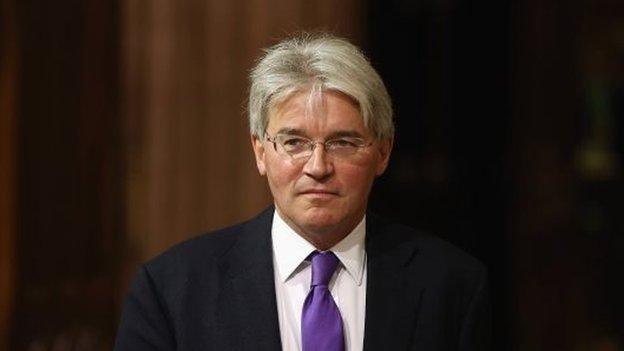
Pro: charming and brusque in equal measure, would be robust with Brussels establishment, speaks French.
Anti: still mired in "Plebgate" litigation, perhaps too keen to pick a fight, seen as not Eurosceptic enough by some MPs

David Willetts, Science Minister
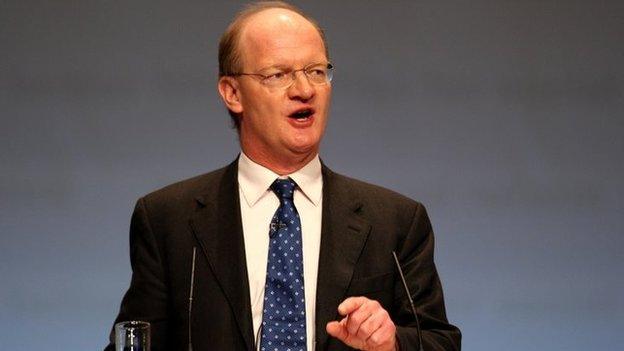
Pro: Well known in Brussels, spends time there as business minister, speaks German and French, good contacts with euro elites
Anti: Seen by Tory MPs as too cerebral to be a tough negotiator, not senior enough

David Lidington, minister for Europe
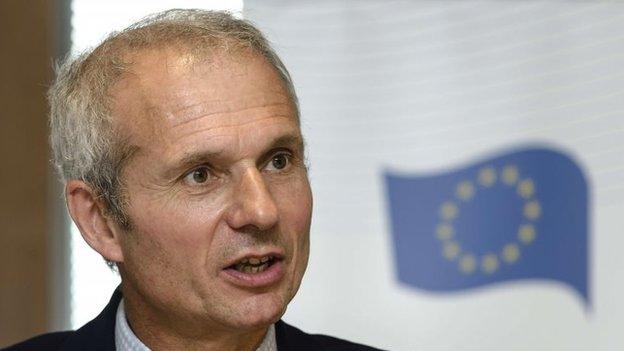
Pro: The ultimate European expert, well known in continental chancelleries, able to cut deals
Anti: Seen by Tory MPs as too pro-European, too junior for the role, the reserve if all else fails

Lord Howard, former Conservative leader
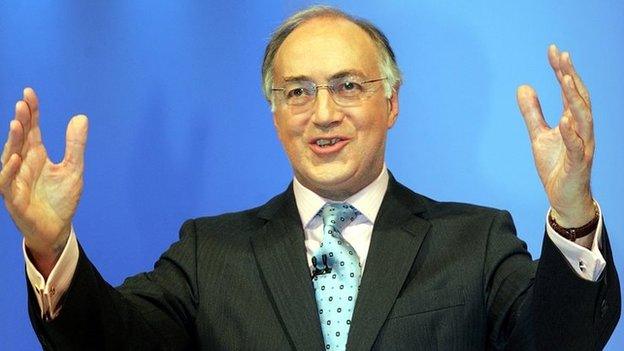
Pro: A big hitter, a former Tory leader, a Eurosceptic who would take the fight to Brussels, no by-election needed
Anti: A figure from the past, too abrasive for subtle EU diplomacy, Lady Howard thought unkeen to live in Brussels

Lord Hill, leader of the House of Lords
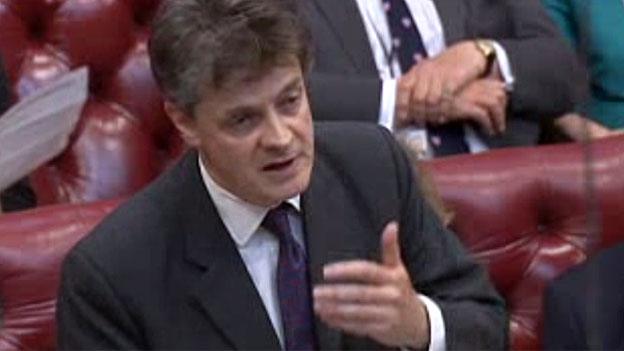
Pro: Cameron loyalist, hugely able technocrat, knows it all having worked for John Major in Downing Street
Anti: Not eurosceptic enough for Tory MPs, understood not to want the job

Peter Lilley, former Tory social security secretary
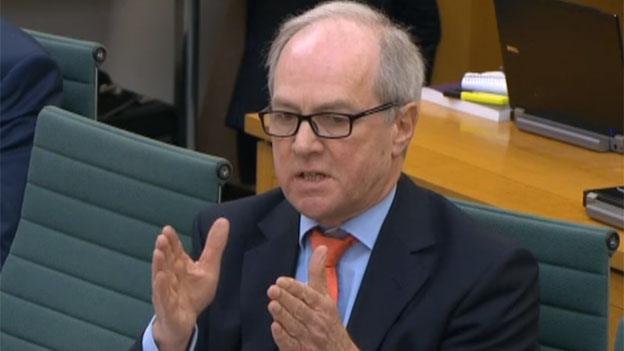
Pro: Strong eurosceptic, former Trade secretary, expert on financial services, would not go native
Anti: Another figure from the past, possibly too independent-minded for Downing Street

Lady Wheatcroft, former business journalist
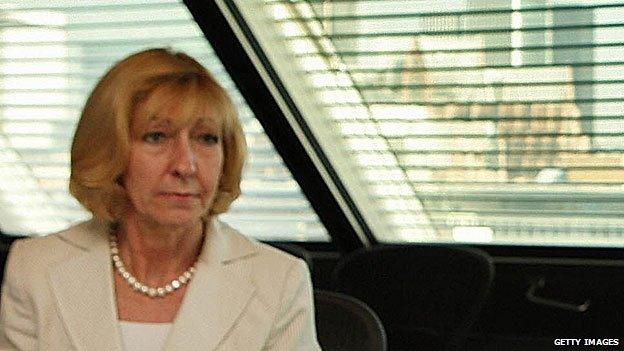
Pro: Solid Eurosceptic, appealing to Mr Juncker who is keen to increase the number of women in the commission
Anti: Too junior a figure without the right expertise

Sir Malcolm Rifkind, former defence and foreign secretary
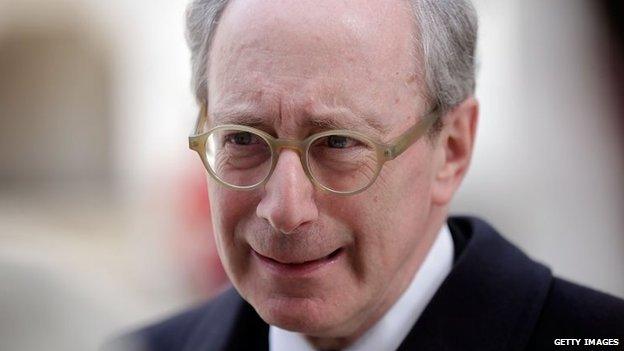
Pro: Big name, lawyer who is good on detail, would free up his Kensington seat for Boris Johnson
Anti: Little economic expertise, another figure from the past

Martin Callanan, former leader of Tory MEPs
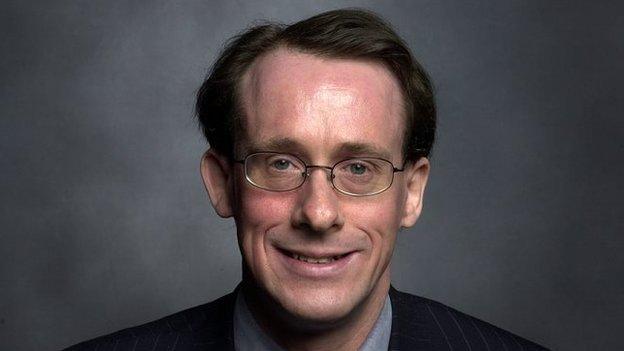
Pro: Well-liked, knows his way round Brussels, trusted by Tory MPs
Anti: Not a big enough figure to secure a big job for Britain

William Hague, Foreign Secretary
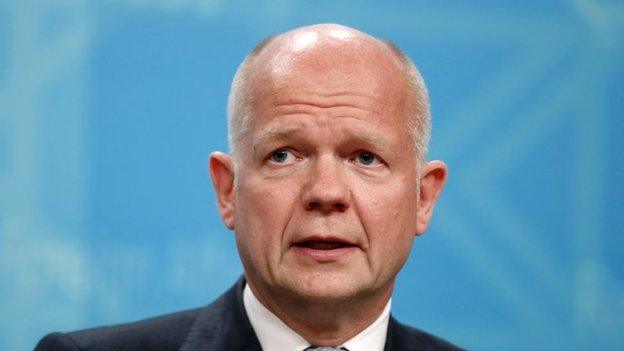
Pro: The ultimate big hitter, would reassure Tory eurosceptics, would help Britain's case for a big job
Anti: Unlikely candidate, understood to be extremely uninterested in going to Brussels